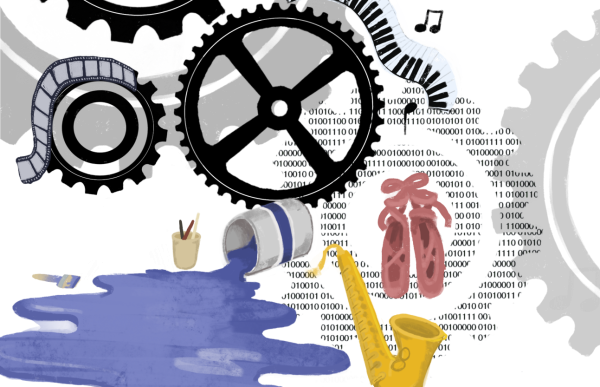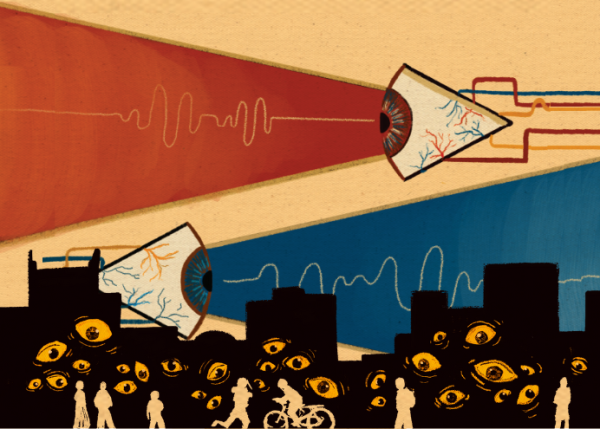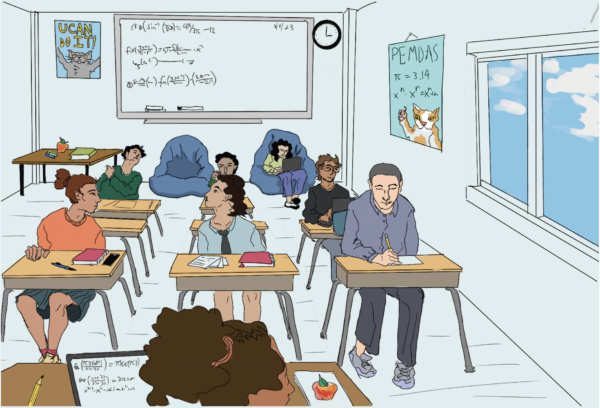Health Center lacks awareness from student body
November 22, 2016
Doctor’s orders.
The Health Center is in its twenty-first year of existence, but many students are still unaware of the services that are provided.
“People think that we are the nurses office often, and so part of my role here is to figure out how to improve on that,” Lead RN Ida Joyce Sia says.
Unlike the nurse’s office, the Health Center provides more comprehensive medical services to students, much like a traditional doctor’s office.
The center partners with the NorthShore University HealthSystem to provide students with comprehensive health services, similar to what is available at a standard doctor’s office. The Health Center currently has 2,000 students enrolled who are able to receive the services provided, however it has the resources to provide services to the entire student body.
The Health Center is one of a kind, and its conception in 1995 made it the country’s first suburban school-based health center, according to ETHS records. It is one of only two School-Based Health Centers (SBHC) among CSL schools; Maine East is home to the only other center.
“I think that students aren’t aware of what they provide because it isn’t advertised around the school as much as it could be,” junior Marnie O’Malley says.
One important service provided is reproductive health care, which allows students access to sexuality counseling, pregnancy testing, STI screening exams, and contraceptives.
Certain information about student usage of these services is kept confidential from parents as long as the student is signed up to receive services from the Health Center. However, the Health Center encourages all students to share information with their parents, and promotes this type of open communication.
“I think that [the Health Center] is good for the students because they know that it’s right there,” sophomore Andrew Cousineau says. “It might bring the students in, knowing that it’s a lot more convenient to go there rather than a regular doctor’s office.”
The Health Center is a quick and conducive method for students to receive health care, but is only as effective as the student body makes it. Without student awareness of the services offered, the center will continue to be a hidden gem amongst the variety of resources the school offers.
“It saves quite a bit of time,” senior Liam Ummel says. “For some families, it’s not convenient for them to drive to wherever their nearest physician is.”
Ummel is currently enrolled in the Health Center, however he states that he is still unsure exactly what services are provided.
According to a study from the National Assembly on School-Based Health Care, 12% more students received health care at schools with school-based health care than those who did not have school based health care. In addition, significant decreases in tardiness, absenteeism, and inappropriate emergency room use were noted at schools who had school-based health care programs.
“If we see that the need is rising then we can get out there to NorthShore and grow and make it happen,” Sia explains. “It would be really nice if we could get bigger and service more students.”
For specific information regarding the Health Center, visit their page on the ETHS website under the “Departments” tab. For further information about school based health centers, visit the School-Based Health Alliance at www.sbh4all.org/school-health-care/.com.



















